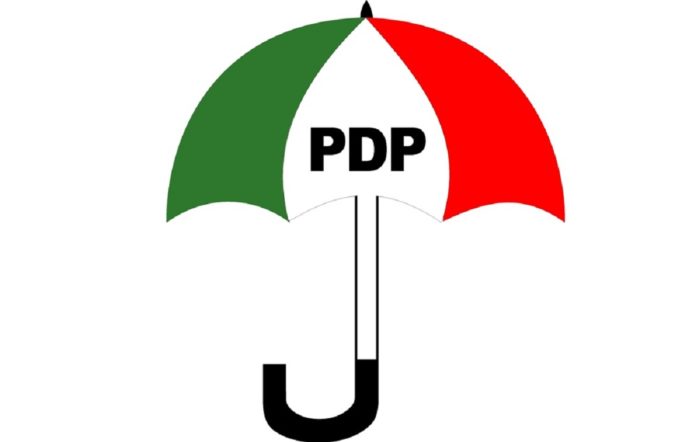By: Daure David
In 2023, the political drama surrounding Governor Nyesom Wike’s defection to support Bola Ahmed Tinubu—after losing the vice-presidential slot to Ifeanyi Okowa—was a clear indication that in Nigerian politics, personal interest often outweighs party loyalty or national good. Wike’s protest move was driven more by ego than ideology, and now, two years later, we see the same Okowa reportedly aligning with the All Progressives Congress (APC), the very party his camp once denounced.
To the average citizen, this may seem like a confusing game of political chess, but to those paying attention, it is simply the recycling of self-interest masquerading as strategy. It is no longer about manifestos or public service—it is about power, access, and personal preservation.
What is even more disturbing is the way anti-corruption agencies are allegedly being weaponized against opposition figures. It is becoming clear that these institutions are being used less for justice and more as political tools to intimidate dissenting voices. This isn’t governance—it’s authoritarianism in disguise.
The APC, which once rose to power in 2015 by branding the PDP as corrupt and incapable, has itself become a symbol of national disillusionment. Today, Nigeria faces escalating insecurity, rampant poverty, a plummeting economy, and a government seemingly more interested in retaining power than solving real problems. This is not the change Nigerians were promised—it is a calamity that continues to spiral.
As Wike once warned, some politicians will join the ruling party while others will remain in opposition as moles to destabilize from within. This should be a wake-up call for the People’s Democratic Party (PDP). The party must urgently cleanse itself of political narcissists who see it only as a vehicle for personal gain. It must rebuild with people who are genuinely loyal, competent, and committed to the ideals of democracy and national development.
The future of Nigeria cannot rest in the hands of political opportunists. PDP has an opportunity to redeem itself—not just as an opposition, but as a true alternative for the Nigerian people. This will require discipline, unity, and a clear departure from the culture of entitlement and betrayal that has plagued its ranks.
Nigerians are watching. The masses deserve more than this endless cycle of political betrayal. It’s time for a new kind of politics—one driven by vision, integrity, and real service to the people.







